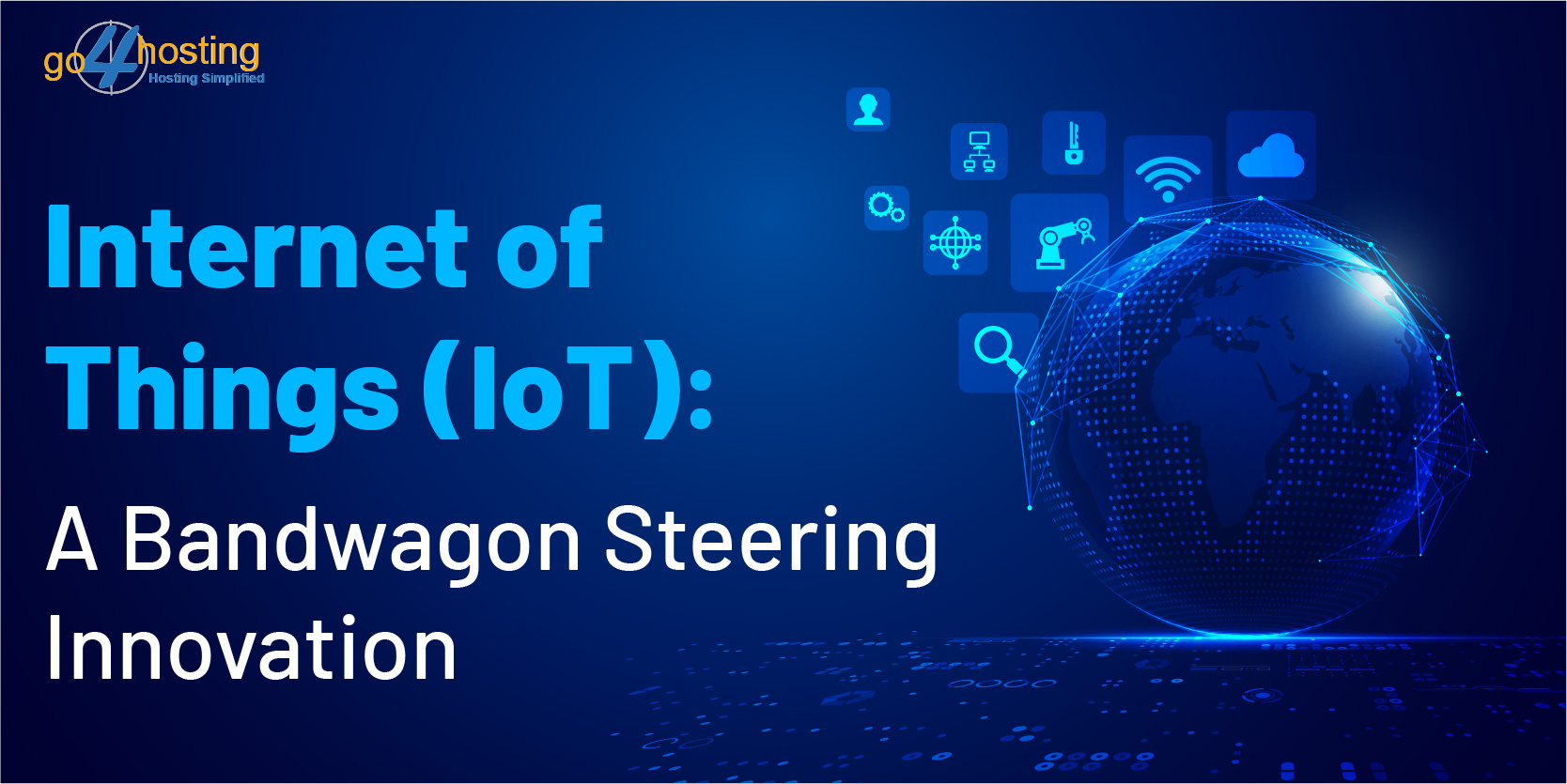Internet of Things (IoT): A Bandwagon Steering Innovation

Internet of Things is all set to amend the way businesses, end-users, government institutions connect to, and interact with each other entrancing them to move towards a completely revolutionized ecosystem. It emphasizes on the smart use of connected devices and systems so as to leverage data gathered by the implanted actuators and sensors in machines and other physical components. Many research firms and technology experts have found that IoT bandwagon will spread rampantly in approaching few years and such convergence is anticipated to unlock new vistas of opportunities that augment quality of life for both individuals and businesses.
Precisely for end-users and businesses, it bestows multifold benefits:
For consumers/end-users – IoT has the power to make life easy-going and smooth for consumers by focusing on daily life sections, such as health, education, security, and energy efficiency requisite for upholding quality of life.
For business entities – There is a revelation in tandem to this unit that IoT can help businesses from all walks of life (manufacturing, retail, transportation, education, healthcare, agriculture, etc.) to gain quick insights, so that they can plunge to a decision that is right for their business standing. In addition to this, IoT shore up a portfolio of things that not only reinforces business decision making, however also boosts productivity.
No let me acquaint with the driving force behind IoT extension in the market, followed by the barriers:
Barriers:
Fact that Underlines IoT Growth:
By 2020, there will be 34 billion connected IoT devices, which will be high from 10 billion 10 billion in 2015. Apart from this, around $6 trillion will be invested on IoT allied solutions over the next few years.
—– BI Intelligence
Here are some of the factors that you should consider when choosing an IoT platform provider:
Undeniably, proliferation of connected devices is forcing product manufacturers to rethink, so that they can create a smarter version of their product, which can cope up with the advancing economy. Although, most of these traditional product manufacturers are well-equipped with latest product designs and other functionalities; however they lack streamlined IT ecosystem that can support IoT smart devices.
- For Original Equipment Manufacturers (OEMs), platform providers can help them ensure faster time to market their products and services in particular segments where their counterparts are heading forth to establish a smooth connection. That’s the reason why it is essential to check if the platform benefactor has the potential to scale up according to the industry needs.
- Apparently, day by day IoT is getting personalized owing to the increase in the number of wearables, health monitor etc. The data gathered by these devices can be of discrete type, thus it is essential to protect such gathered data against vulnerabilities. Select a vendor who practices stringent security laws to confirm its integrity.
- Well, there are only a few competent service providers who offer analytic services. That’s why it is essential to check that their host offers the same, so that they can easily fetch the required from their devices whenever required.
In addition to this, an IoT platform is required to be flexible, so that all kind of IP-enabled devices can be swiftly integrated into enterprise and partner backend systems. Moving ahead, software platform that goes with these specific requirements must be created keeping composition of devices, processes, and rules in mind so as it connects to users, things, enterprises and partner systems on a single platform and provides a basis for creating IoT applications.
In a nutshell, Internet of Things provides a robust platform for evolving commercial models that fosters mass global deployment. The wave of IoT can help in raising the quality of life of consumers and businesses across several fundamental segments of the economy





